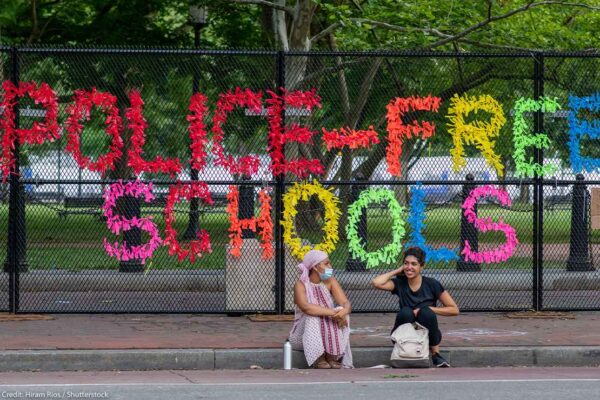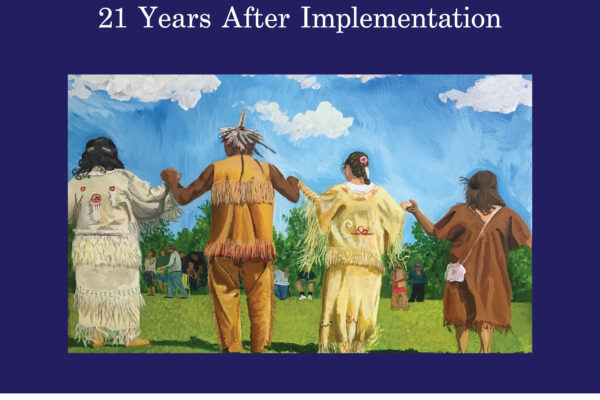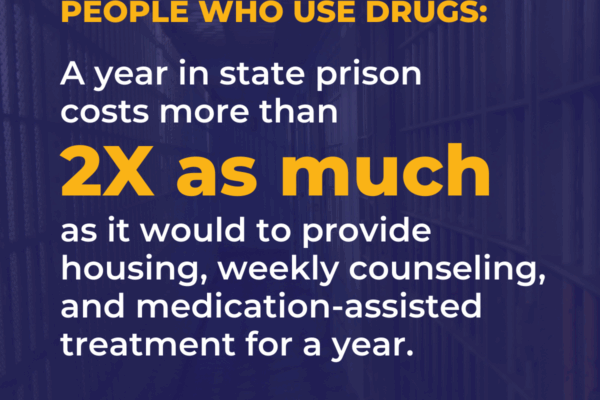Racial Justice
Our history has shown us that it’s not enough to take racist policies off the books if we are going to achieve true justice. When our systems hold some people back, they hold all of Maine back.

What you need to know
9.2x
In Maine, Black people are incarcerated at 9.2 times the rate of white people. Decades of discriminatory laws created this racial disparity.
272 per 100,000
272 per 100,000 residents are incarcerated in Maine, a higher rate than most democracies on earth.
6th Highest
Racial disparities in Maine’s incarcerated population are the 6th highest in the U.S.
Racism has played an active role in the creation of our systems of education, health care, ownership, and employment – and virtually every other facet of life since this nation’s founding.
Although overtly discriminatory laws are becoming less common in America, systemic racism remains prevalent. Many laws, even those that appear neutral, disproportionately harm or exclude people of color in Maine.
Systemic racism refers to the oppression of a racial group that is perpetuated by inequity within our systems, including our political, economic, social, and legal systems. Racial justice is a complex challenge that touches all facets of our legal and political systems.
The ACLU of Maine uses litigation, advocacy, and public education to advance laws and policies rooted in racial equity that seek to end discriminatory policies, laws, and practices. The ACLU of Maine also collaborates with lawmakers and allied organizations to extend the promises of our Constitution to those who have historically been discriminated against on the basis of race.
Our history has shown us that it’s not enough to take racist policies off the books if we are going to achieve true justice. When our systems hold some people back, they hold all of Maine back.
The Latest

Students Need More Support, Not More Police

Wabanaki Studies Law: 21 Years After Implementation
Stay Informed
Sign up to be the first to hear about how to take action.
By completing this form, I agree to receive occasional emails per the terms of the ACLU’s privacy statement.
By completing this form, I agree to receive occasional emails per the terms of the ACLU’s privacy statement.


